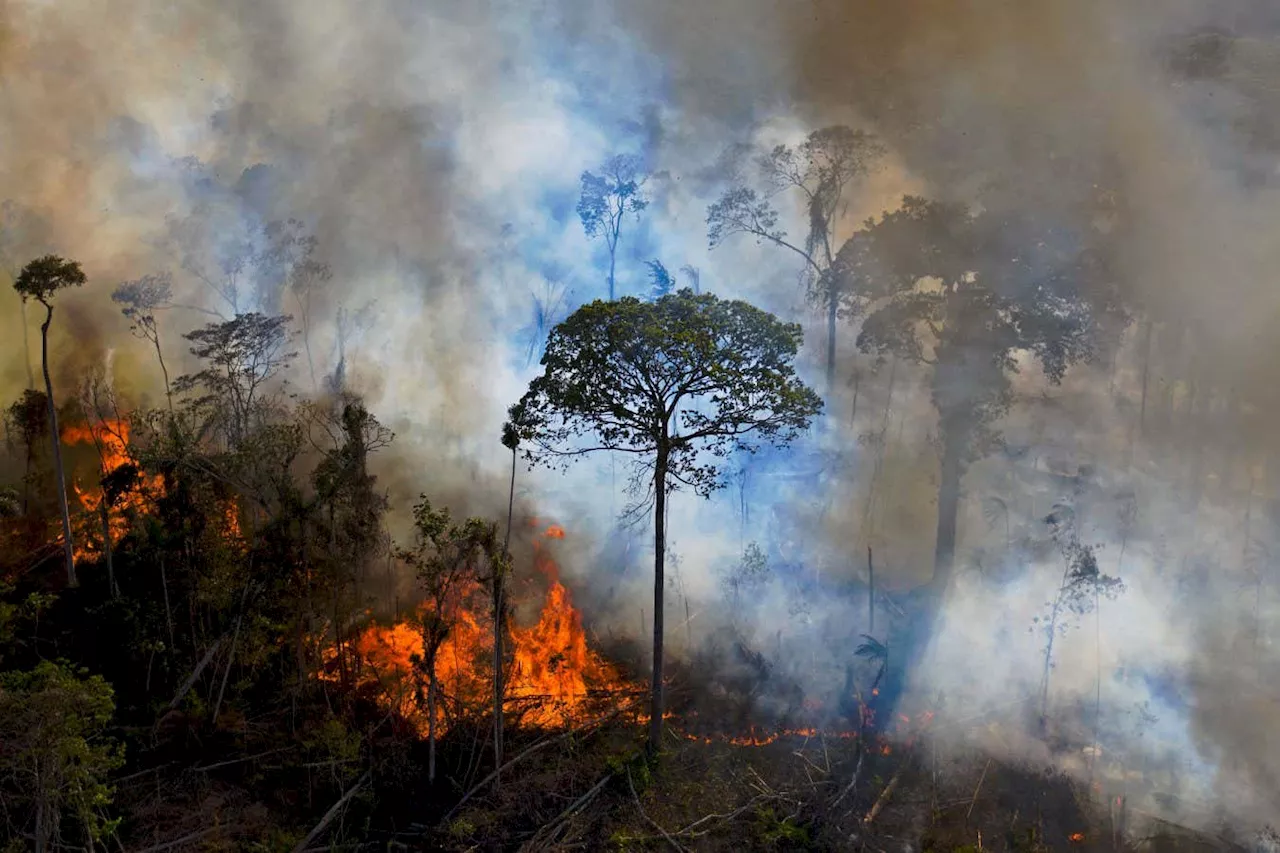An annual accounting of CO2 emissions from burning fossil fuels and land use change finds no sign emissions will peak this year
Carbon dioxide emissions from burning fossil fuels in 2024 are set to blow past last year’s record levels, dashing hopes this year will see the planet-warming emissions peak.
At 0.8 per cent, the growth rate of fossil fuel emissions is half that of 2023, although it remains higher than the average rate over the past decade. “ is a good sign, but it’s still miles away from where we need to get,” says Friedlingstein.Despite a long-term downward trend, projected emissions from land use change also increased this year, largely due to drought-driven wildfires in the tropics.
While this also added to emissions in 2024, the researchers expect this “land carbon sink” has mostly recovered as theEarth is now gaining less heat than it has for several years
Energy Greenhouse Gas Emissions COP29
United States Latest News, United States Headlines
Similar News:You can also read news stories similar to this one that we have collected from other news sources.
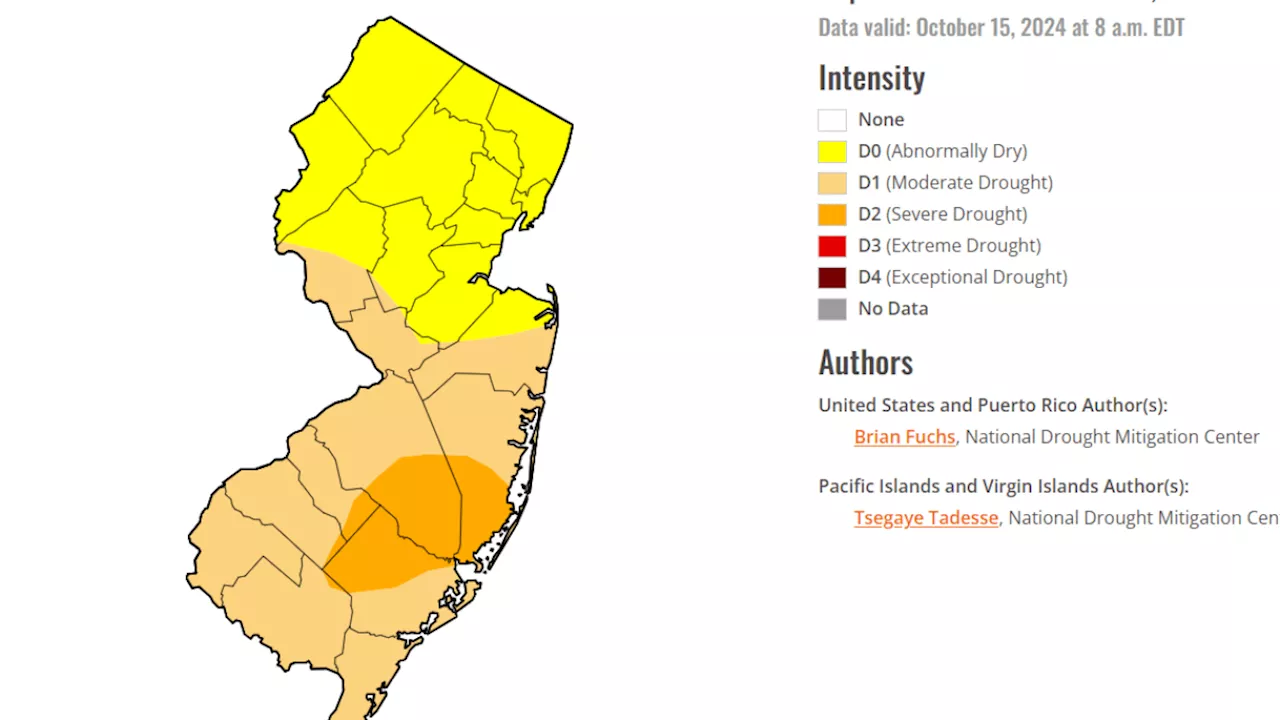 NJ gov issues statewide drought watch: What to knowU.S. Drought Monitor says some spots are in severe drought, which prompted the NJ drought watch.
NJ gov issues statewide drought watch: What to knowU.S. Drought Monitor says some spots are in severe drought, which prompted the NJ drought watch.
Read more »
 NJ gov issues statewide drought watch: What to knowU.S. Drought Monitor says some spots are in severe drought, which prompted the NJ drought watch.
NJ gov issues statewide drought watch: What to knowU.S. Drought Monitor says some spots are in severe drought, which prompted the NJ drought watch.
Read more »
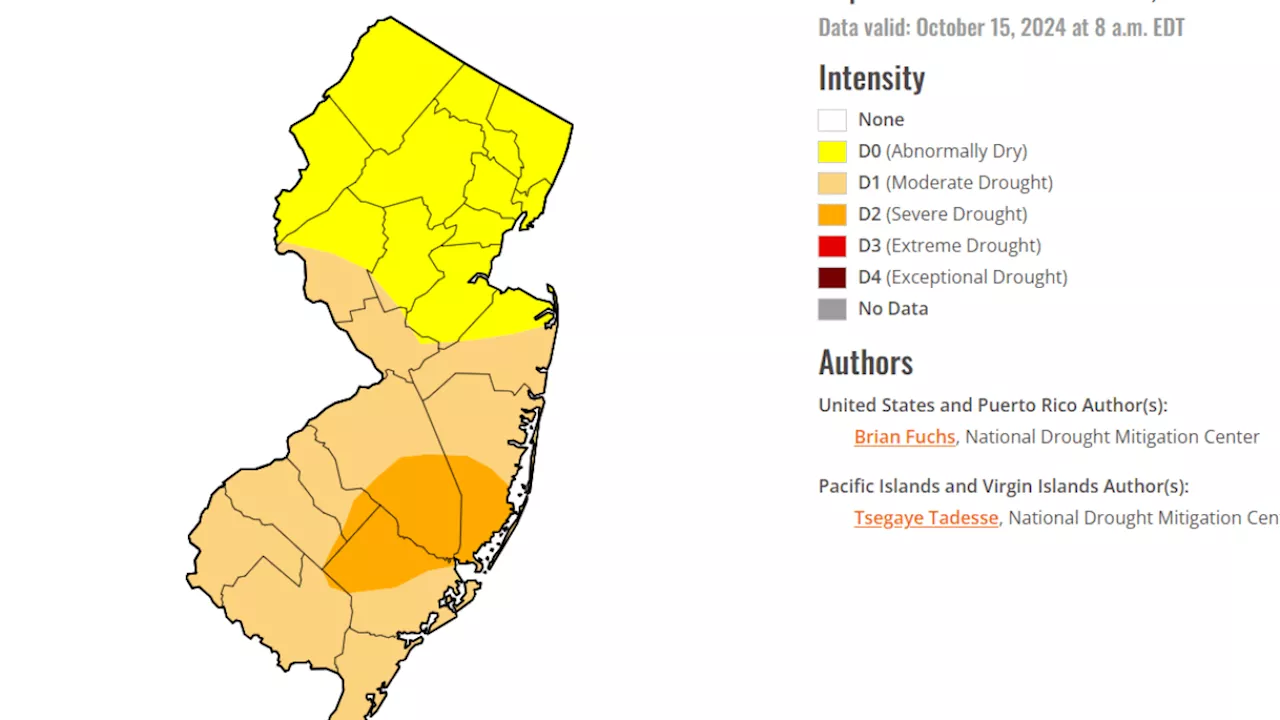 NJ gov issues statewide drought watch: What to knowU.S. Drought Monitor says some spots are in severe drought, which prompted the NJ drought watch.
NJ gov issues statewide drought watch: What to knowU.S. Drought Monitor says some spots are in severe drought, which prompted the NJ drought watch.
Read more »
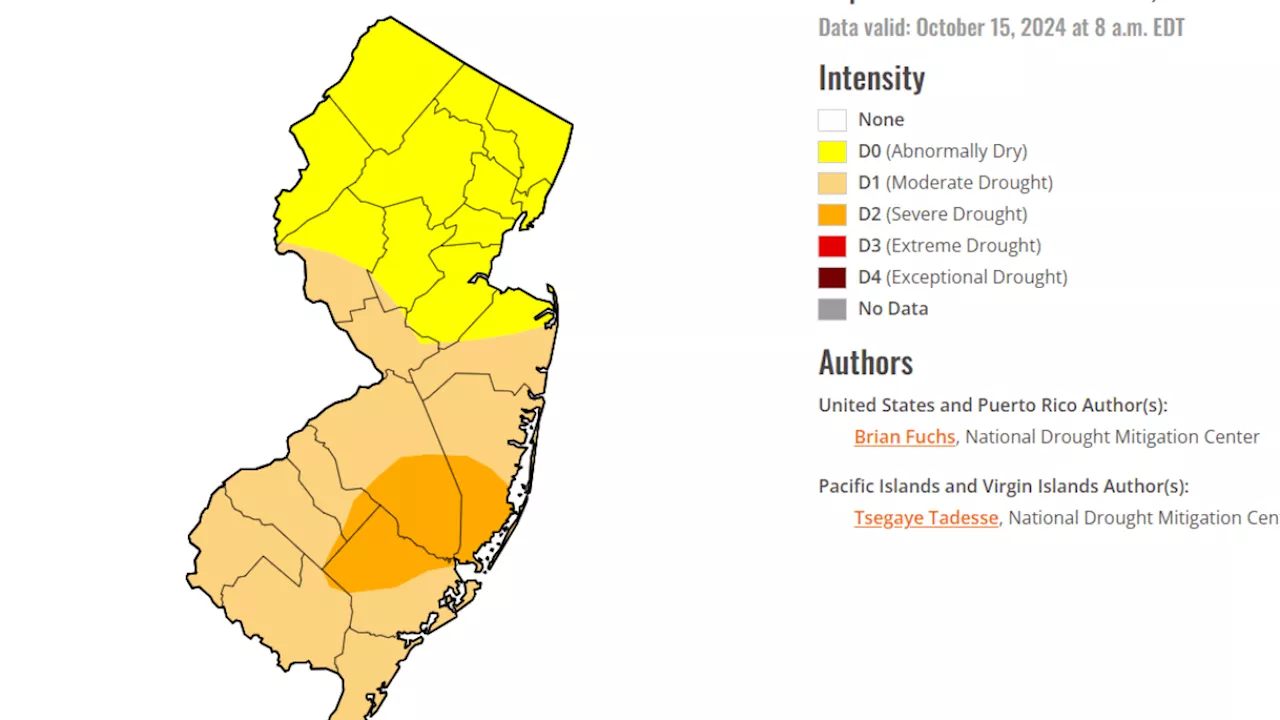 NJ gov issues statewide drought watch: What to knowU.S. Drought Monitor says some spots are in severe drought, which prompted the NJ drought watch.
NJ gov issues statewide drought watch: What to knowU.S. Drought Monitor says some spots are in severe drought, which prompted the NJ drought watch.
Read more »
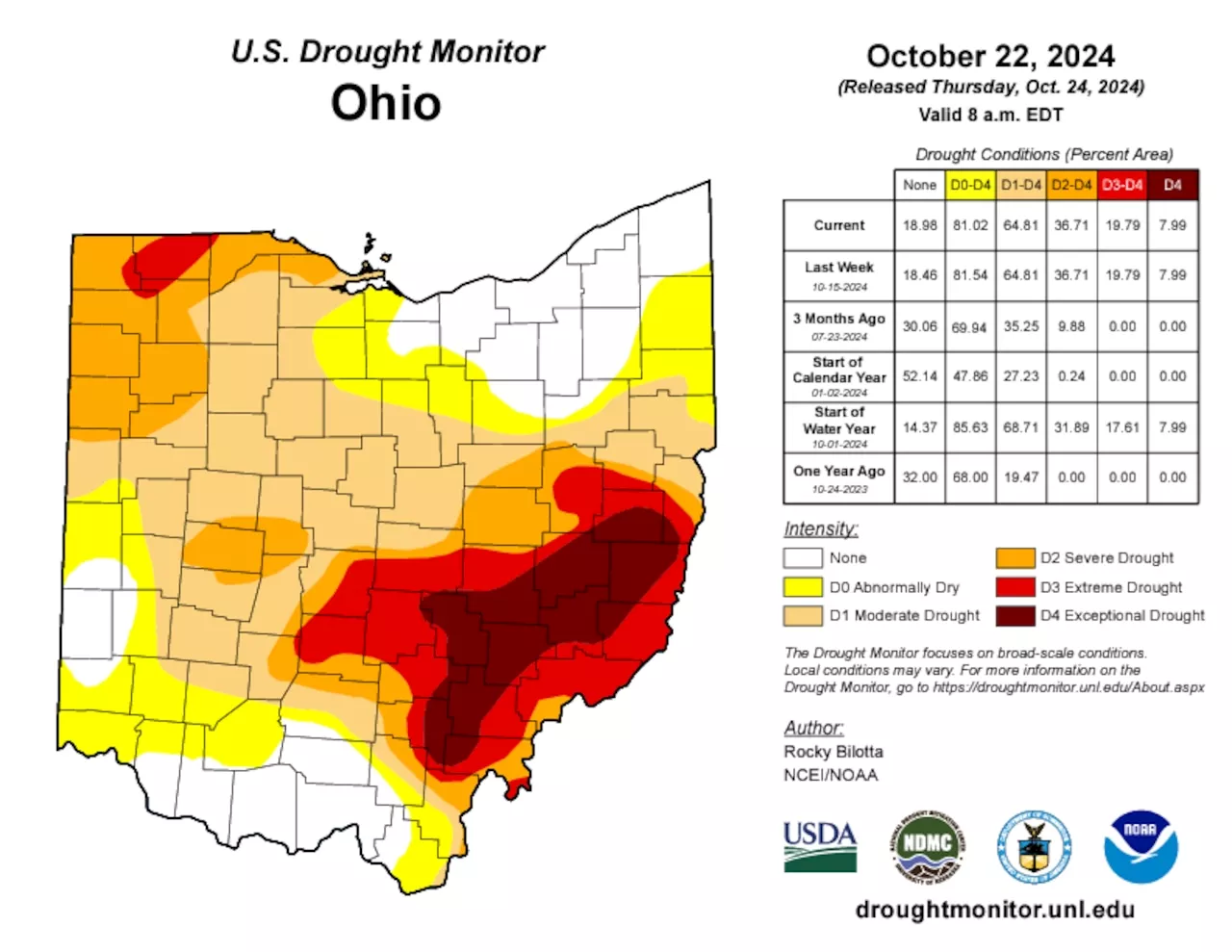 Ohio, we’re not out of the drought yet; see this week’s statewide drought updateWhile most of Northeast Ohio and parts of western and southern Ohio has returned to normal conditions, counties still experiencing drought saw no relief over the week.
Ohio, we’re not out of the drought yet; see this week’s statewide drought updateWhile most of Northeast Ohio and parts of western and southern Ohio has returned to normal conditions, counties still experiencing drought saw no relief over the week.
Read more »
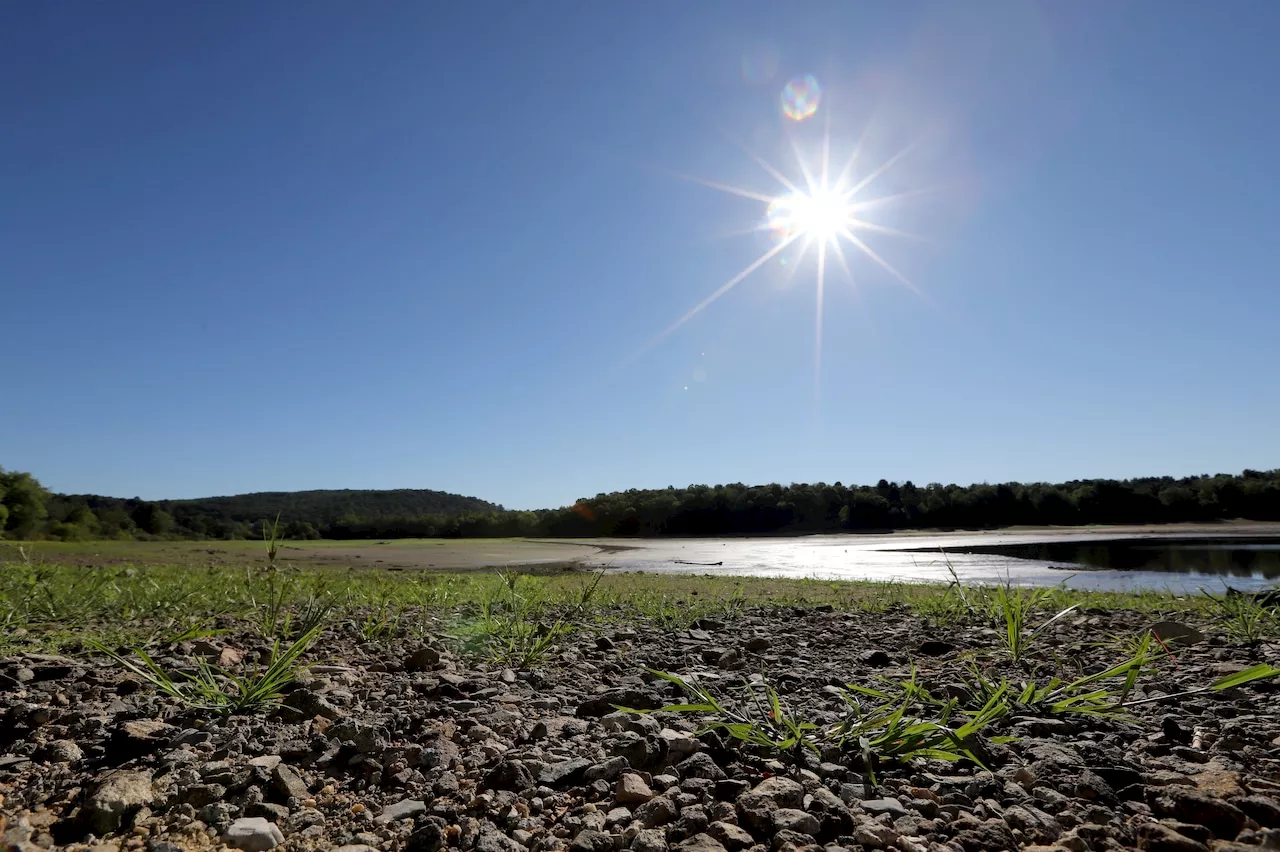 N.J. drought worsens again, with several counties now in a rare ‘extreme’ droughtExtreme droughts occur in New Jersey only once every 20 to 50 years, according to the state climatologist.
N.J. drought worsens again, with several counties now in a rare ‘extreme’ droughtExtreme droughts occur in New Jersey only once every 20 to 50 years, according to the state climatologist.
Read more »
